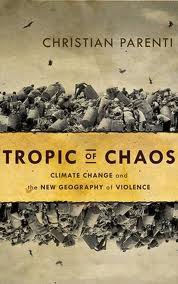White Male Human Privilege
 Monday, December 8, 2014 at 8:31PM
Monday, December 8, 2014 at 8:31PM 
I just want to say something brief in regards to the use of live animals in art exhibitions, because it has recently re-re-re-emerged as an annoying trend. Most recently I encountered the dog that is living in the gallery at LACMA as part of Pierre Huyge's retrospective. While I personally believe that living beings have no place as part of human economic transactions (which art exhibits usually are in one way or another), I wont try to convince anyone that it is morally wrong, because there is endless far worse exploitation of animals occurring every second of every day all around us. Instead, I'll just say that I find it artistically pathetic. There is almost always in these cases a white male "provocateur" behind it, who clearly believes that including a non-human living being in the art work is in some way novel or edgy - congratulating themselves for provoking an emotional response from a viewer based on concern and empathy which they mock or play with from their meta-human meta-animal perspective. What's pathetic is that they think they are breaking with a tradition when instead all they are doing is cynically exploiting a tradition by breaking only its most superficial of rules. It's still objectification and commodification based on white, male, human privilege. It isn't novel, and it could hardly be a stodgier, more classical idea. Pierre Huyge could simply have rescued the dog and provided a good home for it, but that would hardly provide him and others who think like him with the false sense of provocation they depend upon to escape real ideas. And the monkey used in a video piece shatters at every moment any concept or artistic intent in the piece by clearly being a bored and confused monkey in a room. The crabs, lobsters and fish are almost certainly bred by businesses that exploit animals or captured wild - both of which are in a real and concrete way environmentally destructive, undercutting Huyge's otherwise interesting ecological constructions. The only way to enter into the meaning of the piece is to ignore these facts, and thats the same way of thinking that exists everywhere. It'd be fucking boring if it wasn't vile. Maybe it's just another banality of evil. It's unfortunate because I admire much about Huyge's work - but empathy and real politics are not in vogue in the very elite and lucrative echelons of international conceptual art exhibitions, or for those who aspire to be included in it.






